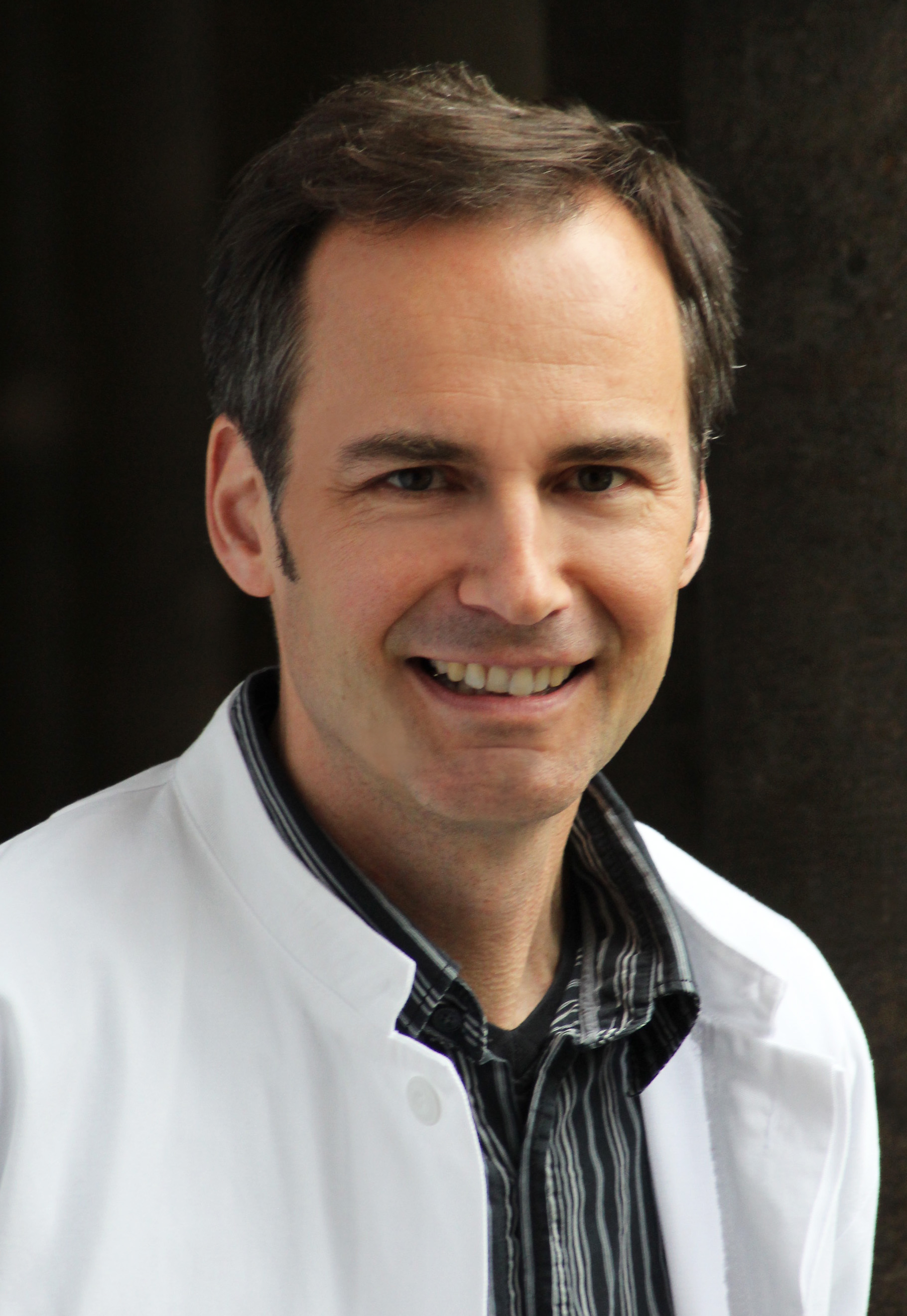Here you can find detailed profiles of DKTK faculty members with programm specification and research focus in the Researcher Database. Find contacts of all DKTK scientists at the DKTK intranet
Researcher Database

Prof. Dr. Heiko Hermeking
Pathologisches Institut
Thalkirchner Str. 36
80337 München
Program
Exploitation of Oncogenic Mechanisms (EOM)
Summary
We are mainly interested in the function of two transcription factors, which are altered in more than 50% of all human tumors: c-MYC and p53. In line with their opposing functions, they are encoded by a proto-oncogene (c-MYC) and a tumor suppressor gene (p53). The majority of colorectal cancer show activation of c-MYC by mutation in the b-catenin/APC pathway and mutational inactivation of p53. In the past, we identified important functional connections between these factors, such as the mediation of c-MYC-induced apoptosis by p53. In addition, we identified and characterized critical effectors of p53 and c-MYC, such as 14-3-3sigma, the miR-34 family of microRNAs (p53) and the BR-HLH-LZ TF AP4 and ZNF281 (c-MYC). Currently, we are studying the biology of these genes in mouse models of colorectal cancer. A focus of the lab is the regulation of metastatic progression as we could show that these factor are involved in the regulation of EMT (epithelial-mesenchymal transition) and its reversal, MET. In addition, we are studying the role of the networks mentioned above in the tumor microenvironment and tumor stem cell biology.